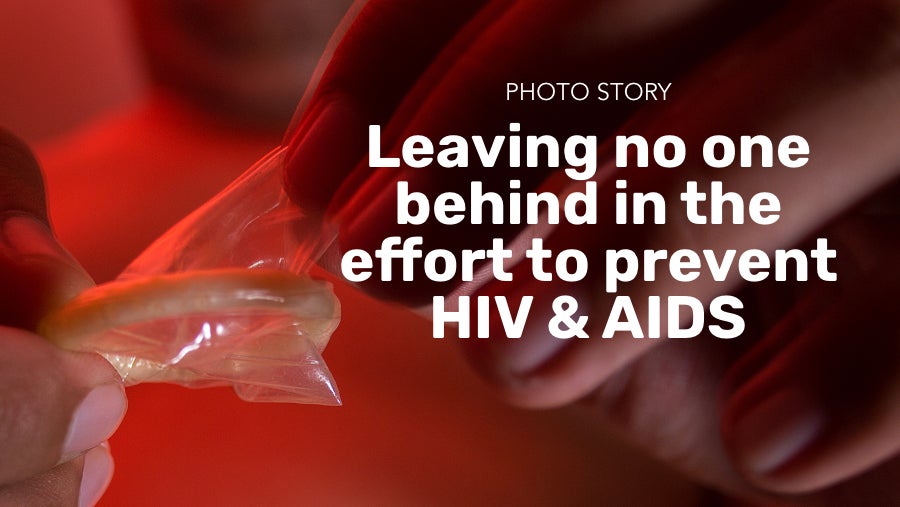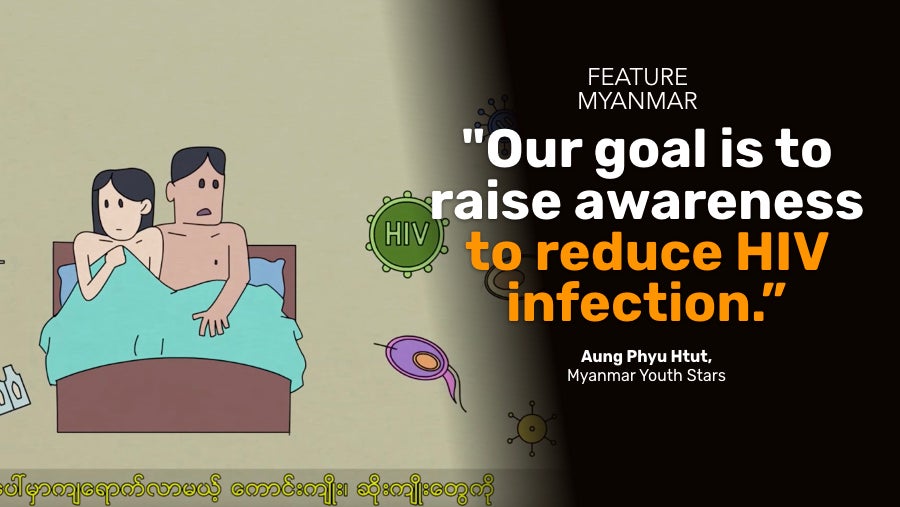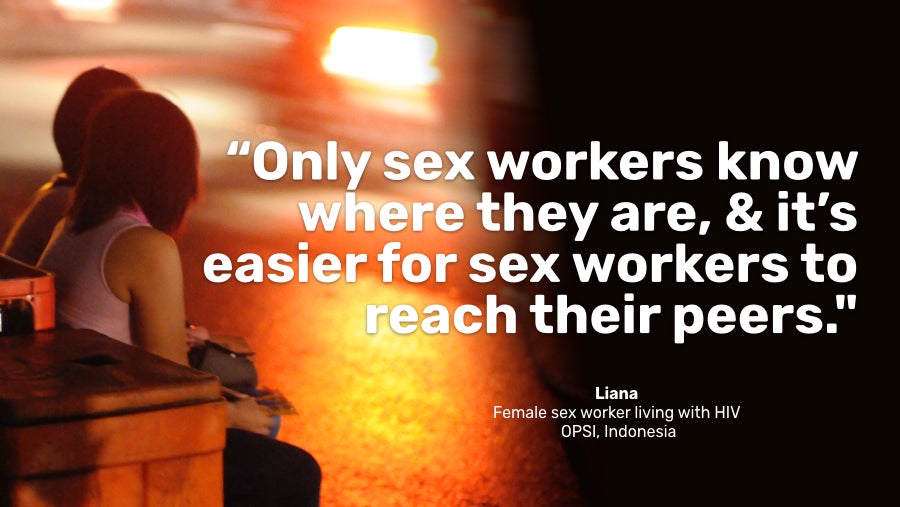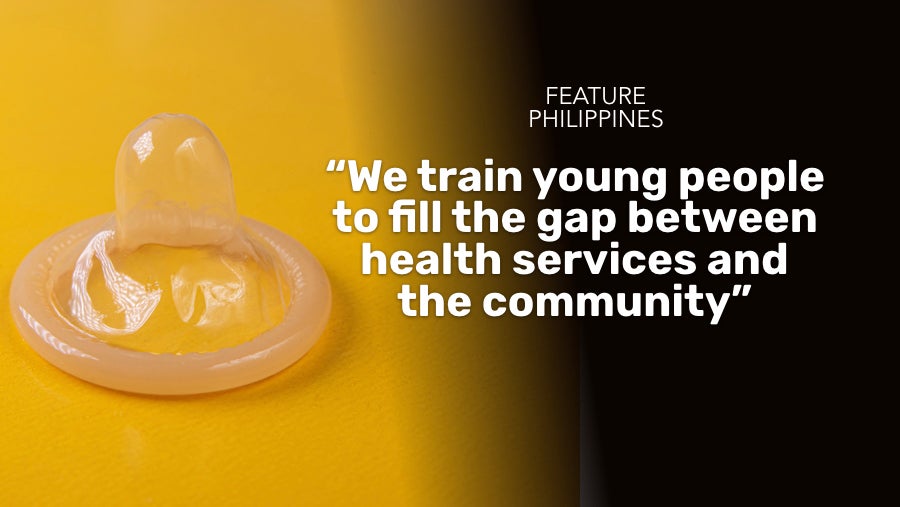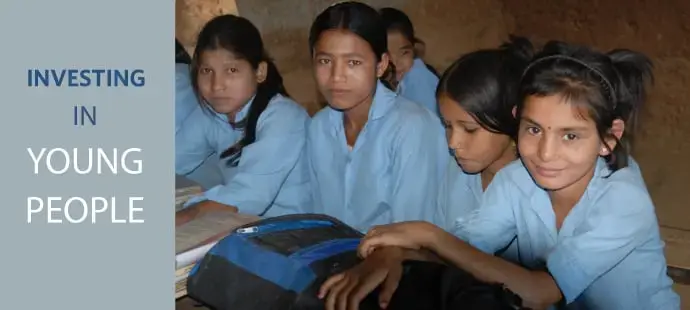The region has seen impressive progress in combating HIV: there has been a 20 per cent reduction in new HIV infections since 2001. Yet, the epidemic continues to outpace the response. There are almost two new infections for every person on treatment. New HIV infections continue to be concentrated among key affected populations – injecting drug users, sex workers, men having sex with men, and transgender people.
UNFPA supports the scaling up of evidence- and rights-based responses to HIV, focusing on addressing sexual transmission among key affected populations, and tackling the legal, policy and attitudinal barriers that impact on these efforts. Laws that criminalize those living with HIV fuel stigma, discrimination and violence, and undermine efforts to prevent HIV infection and ensure that people living with HIV have access to treatment, care and support.
UNFPA’s work in addressing HIV focuses on integrating HIV and sexual and reproductive health services. This helps to ensure that the HIV and sexual and reproductive health needs of people living with HIV, and those at higher risk of infection, are met, and that our efforts achieve positive outcomes in addressing both HIV and sexual and reproductive health.
In times of crisis, many factors – including the breakdown of social and information networks, the separation of families, a lack of condoms, and an increase in sexual violence and high-risk behaviour – leave individuals especially vulnerable to contracting STIs, including HIV.
In crises, UNFPA works to reduce morbidity and mortality due to HIV and other STIs through ensuring the availability of condoms and through supporting the training of health care providers to recognize and diagnose symptoms, provide effective and confidential treatment, and conduct outreach and information campaigns.


